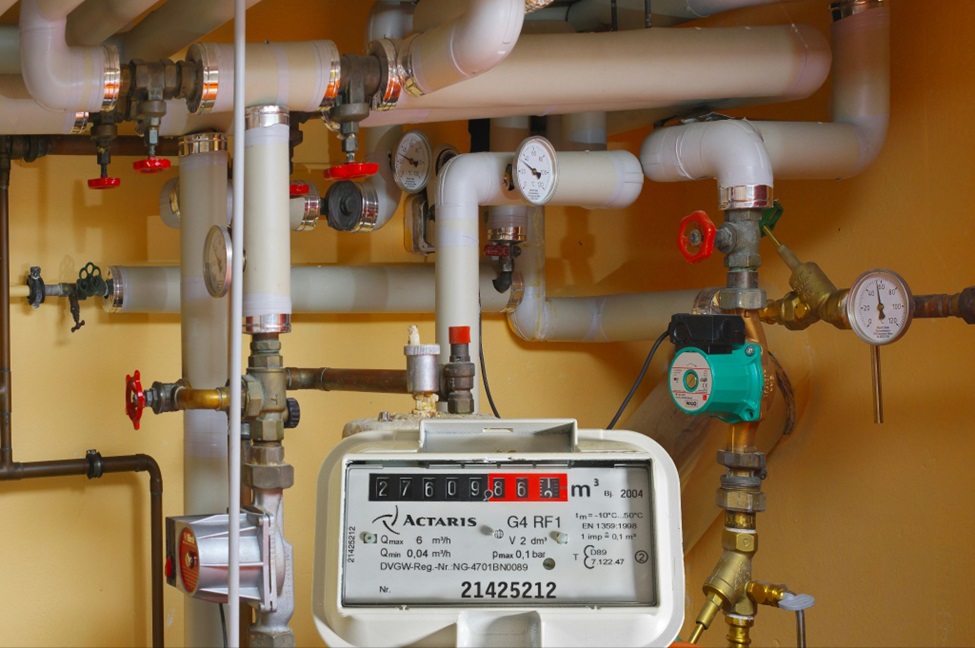A heating system that works well is important for keeping your home comfortable and energy efficient. Understanding key strategies and best practices can lead to significant savings and improved performance.
This guide will show you how to improve the efficiency of your heating system and fix repairs.
How to Make Your Heating System Work Better?
Here is how to make it work:
Maintenance on A Regular Basis
Schedule professional inspections every year. Technicians can clean components, check for wear, and make sure everything works well.
Replace the air filter every 1-3 months to prevent dust buildup. This can make the air flow less efficient. Insulating your home helps your heating system work less hard. Check and upgrade insulation to keep the heat in.
Use thermal curtains or window films to minimize heat loss through windows.
Optimize Thermostat Settings
Invest in a thermostat that automatically adjusts the temperature based on your schedule. This saves on heating when you’re not home. Smart thermostats learn your habits and can be controlled remotely with smartphone apps.
Upgrade To Energy-Saving Equipment
Replace old systems with new ones that are more efficient and have a higher AFUE rating or SEER. Use zoning systems to control the temperature in different parts of your house. This helps save energy by heating only the areas that are being used.
Fix Air Leaks
Seal gaps around doors, windows, and other openings to prevent cold air and heat loss. Make sure the ducts are sealed properly to prevent heat loss in the distribution system.
Efficiently Handling Heating System Repairs
Identify Common Issues Early
Rattling, banging, or squeaking noises can indicate mechanical problems or loose parts. Problems with the distribution system or thermostat can cause cold spots or uneven heating.
How To Fix Problems On Your Own?
Check the power supply and make sure the circuit breakers aren’t tripped. Make sure the thermostat is set correctly and working properly. If needed, replace the batteries. Dirty filters can cause performance issues. If they are blocked, replace them.
When You Should Call A Professional?
For issues involving electrical components, gas lines, or major mechanical problems, it’s best to talk to a professional. Professional service should be scheduled annually to make sure that the system is in good working order and to address any issues before they become big problems.
Prepare for Emergencies
Keep contact information for emergency heating repair services handy. Make sure to have extra heaters or other temporary heating options in case of an emergency.
Keep Track Of Things
Keep detailed records of maintenance and repairs. This information is useful for understanding your system’s history and future troubleshooting.
Keep track of the warranty details for the system and any parts. Warranties can cover repairs and extend the life of your equipment.
Conclusion
Managing repairs and optimizing your heating system requires a proactive approach. Taking care of your system regularly, making sure it’s properly insulated, and using a smart thermostat can make it work better.
If you need heating system repair or professional help, your system will last a long time and work well. By understanding your system and following these guidelines, you can achieve a more comfortable, energy-efficient home while minimizing repair issues.

